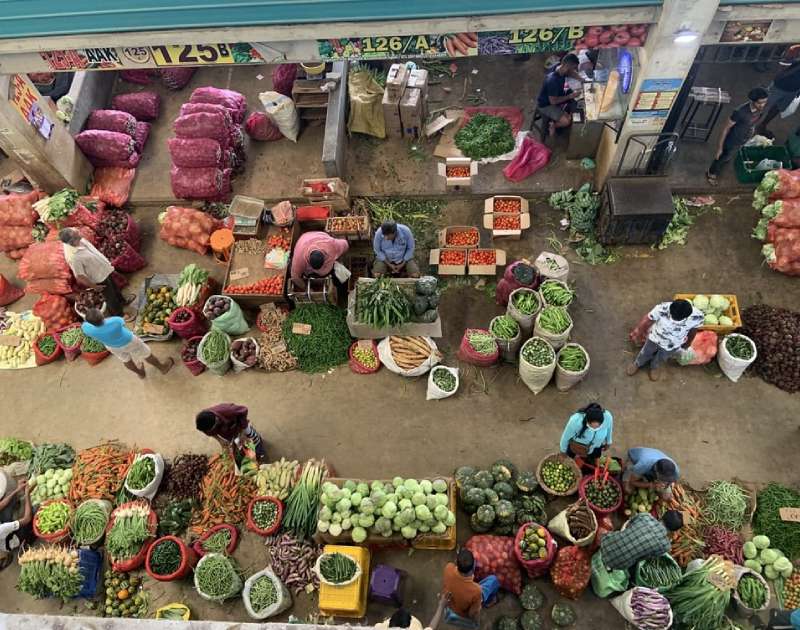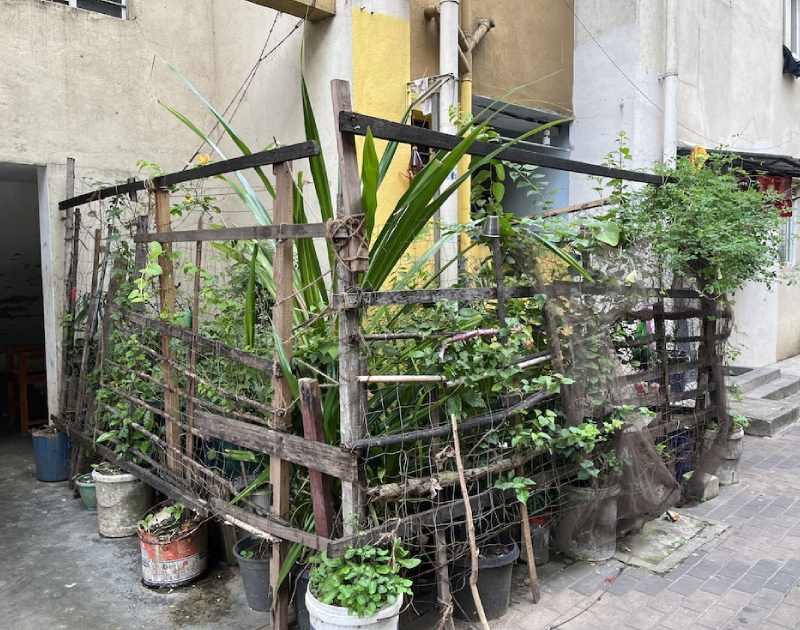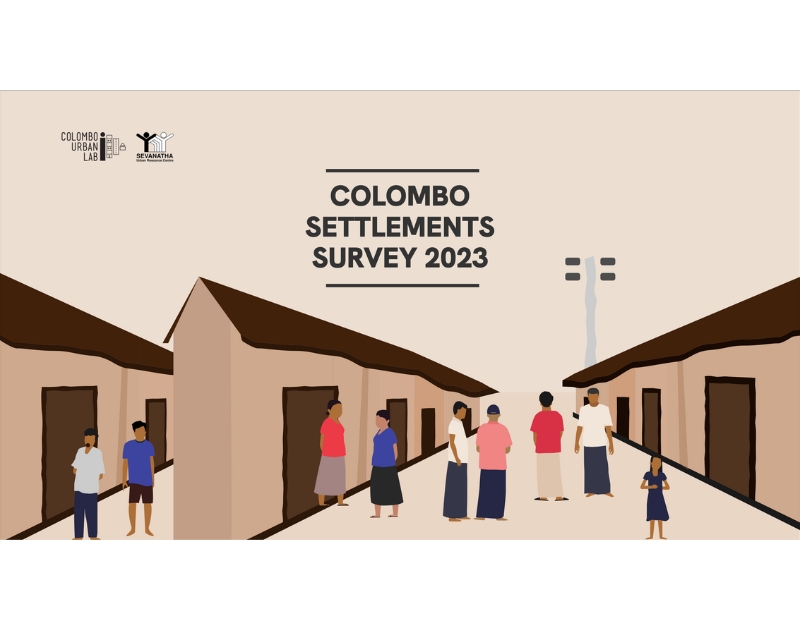
- Home
- Colombo Urban Lab
- Fruit and Vegetables for Sustainable Healthy Diets
Overview of research
Fruit and Vegetables for Sustainable Healthy Diets (FRESH) is a CGIAR multi-partner research initiative*. The aim of this initiative is to improve diet quality, nutrition and health while also improving livelihoods, empowering women and youth and mitigating negative environmental impacts.
As part of FRESH, the Institute of Development Studies and Colombo Urban Lab sought to understand how working class communities in two areas of Sri Lanka’s capital city of Colombo experience their food environment. We took an integrated approach of mapping food vendors, conducting semi-structured interviews with households and vendors across the two sites, stakeholder consultations, and participatory photography workshops using the photovoice methodology. This involved community members taking pictures of their food environment and collectively discussing these. The research then combined continuous face to face interviews and discussions with stakeholders and community members over a period of four months (July 2023 – October 2023).
The findings from this research have been integrated into this StoryMap (click here).
Summary of findings
The following are key factors that our research has shown that impact an individual’s food environment, which inturn determines what type of food is bought, where it is bought from and how it is consumed.
Quality, safety and freshness
Whilst price plays an important role in determining what is bought – it is not the only factor. Quality of produce plays an important role. Quality is mainly determined by perceptions of the freshness of the produce and contamination with chemicals such as pesticides or ripening agents.
Infrastructure
In the home, infrastructure can determine what is bought, the method of preparation and the utensils used to prepare the food. Households are less likely to buy items that take a long time to cook such as manioc and chickpeas and are more likely to prioritise food that cooks faster.
Street vendors also say that whilst they would like to be connected to electricity and water but note this is likely to be unaffordable for them. Not having access to these connections doesn’t influence what vegetables and fruits can be sold.
Health & non-communicable diseases
Households are aware of good nutritional practices. The high prevalence of diseases such as diabetes also determines what is purchased for the household.
Interaction between schooling and food
Families send their children to Government schools. However, at the time the research was conducted not all schools had a free mid-day meal programme or a school canteen programme. For schools that do have a mid-day meal programme, families are more incentivised to send their children to school as it guarantees a nutritious meal for their child. Parents have also seen an increase in their children’s health and well-being which they attribute to the school meal programme.
Trust and interpersonal relationships
Families are more likely to buy from vendors that they trust – especially when buying produce that is not contaminated with chemicals. At a household level we see families sharing food, and taking extra care to cook meals that children enjoy despite the constraints of the crisis.
Crisis and coping strategies
At the time the research was conducted, the food environment could not be extracted from the broader context of crises that have impacted the working class poor in Colombo. At a household level, families have started to take on an extra job, pawning jewellery, or even disconnecting from the grid in order to find money to eat and cover their household expenses.
These increasing costs have also resulted in families cutting down on the food they eat, in terms of quantity and quality, foregoing items such as meat, fish and even eggs with their meals or milk powder with their tea. Families reported cutting back on fruit, and only buying it when they had remaining cash.
For detailed findings and policy recommendations, view the StoryMap.
* The CGIAR Research Initiative Fruit and Vegetables for Sustainable Healthy Diets (FRESH) is implemented by CGIAR researchers from IFPRI, CIMMYT, The Alliance of Bioversity International and CIAT, IWMI, and CIP in close partnership with World Vegetable Center, Applied Horticultural Research, the University of Sydney, the Institute of Development Studies, Wageningen University & Research, and the University of California, Davis, Borlaug Institute of South Asia, Sokoine University of Agriculture, Wayamba University of Sri Lanka and the Philippines Department of Science and Technology-Food and Nutrition Research Institute.
Latest research and writing by CUL


